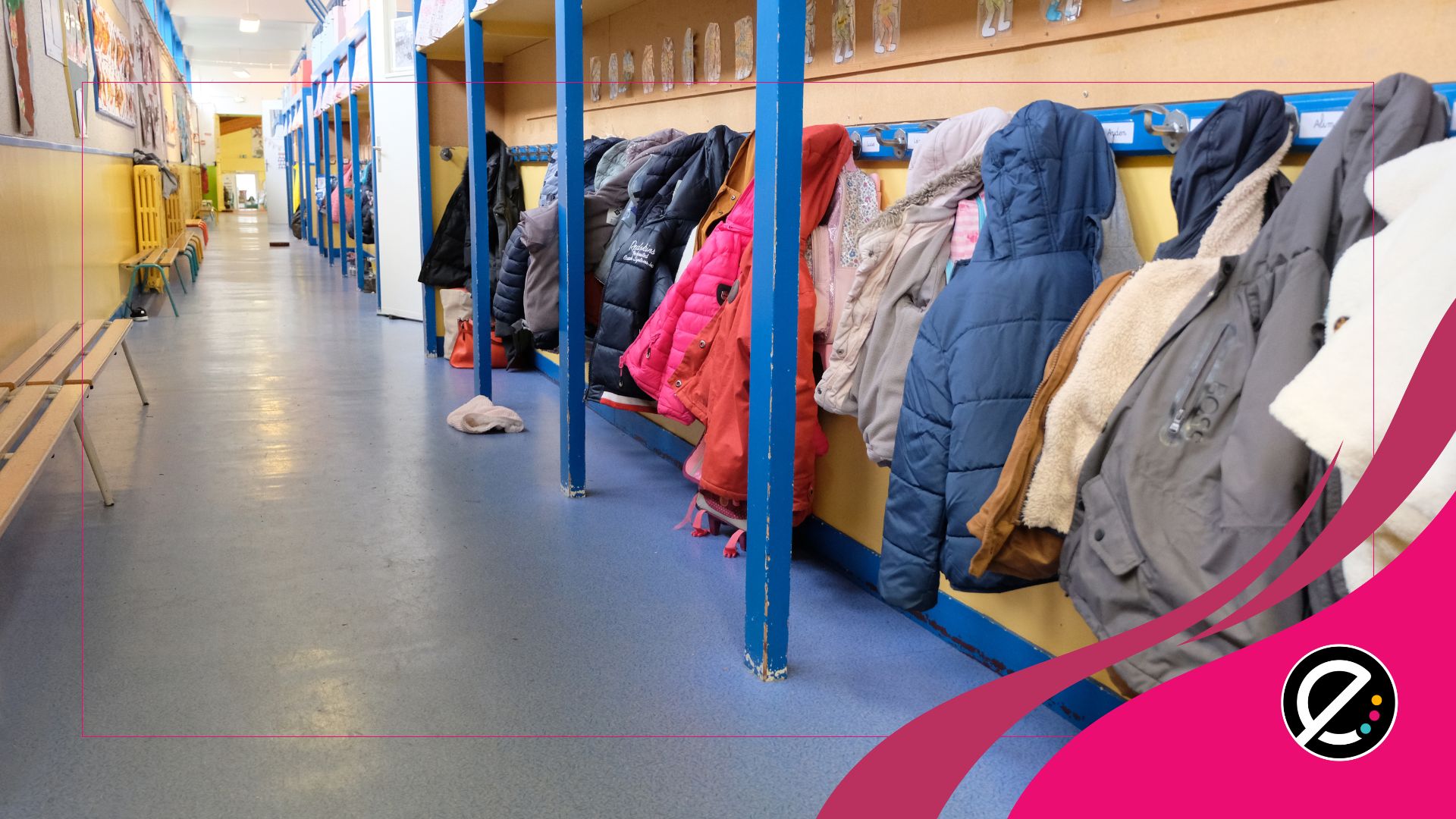Dans cet épisode des Rendez-vous pédagogiques de l’École branchée, on discute de ludification de la classe avec Marie-Andrée Croteau, directrice adjointe au Collège de Montréal.
Les « Rendez-vous pédagogiques de l’École branchée » sont des entretiens en baladodiffusion avec des acteurs du milieu scolaire d’ici et d’ailleurs. Dans cet épisode, notre collaborateur (et idéateur du concept), Marc-André Girard, s’entretient avec Marie-Andrée Croteau (@mandreecp), directrice adjointe au Collège de Montréal, qui s’intéresse grandement à la ludification de l’apprentissage.
D’entrée de jeu, elle explique ce qu’est la ludification, un mot dans lequel on trouve notamment « ludifier ». En classe, cela consiste à utiliser les mécanismes du jeu pour stimuler l’engagement des élèves. « C’est un sujet très vaste qui est en plein développement », explique-t-elle.
Parmi les caractéristiques d’une activité pédagogique ludifiée, elle nomme la rétroaction fréquente, la possibilité pour l’élève de recommencer et de s’améliorer, et le fait qu’elle favorise l’organisation des idées (ce qu’on appelle parfois les fonctions exécutives). Ludifier la classe entraine, rappelle-t-elle, une motivation positive, une socialisation collaborative et une productivité participative (en équipe). Ce sont des éléments qu’on cherche à développer pour mieux préparer les jeunes au monde de demain.
Pourquoi vouloir ludifier sa classe? Elle résume ainsi : « Tout ça dans le but d’avoir un élève qui va être un collaborateur ultra engagé et confiant; du moins c’est l’idéal qu’on se propose. »
Pour Marie-Andrée Croteau, il va sans dire que les outils numériques donnent un très gros coup de main pour mettre en place ces mécanismes. Par exemples, ils permettent de faire des questionnaires interactifs, créer ou faire créer des jeux par les élèves, émettre des badges, etc.
Pour en savoir plus sur le sujet, consultez aussi le numéro d’avril 2016 du magazine École branchée, dont le thème principal est la ludification de l’apprentissage et dans lequel Marie-Andrée Croteau signe un dossier qui résume ses propos.
 Ludifier : utiliser les mécanismes du jeu pour stimuler l’engagement des élèves
Ludifier : utiliser les mécanismes du jeu pour stimuler l’engagement des élèves
Marc-André Girard s’entretient avec Marie-Andrée Croteau
Directrice adjointe au Collège de Montréal
Télécharger le fichier (format .mp3)
Psst!
La baladodiffusion peut être téléchargée comme on télécharge un morceau de musique, puis écoutée dans la voiture, par exemple, en se rendant au travail le matin ou au retour à la maison!






